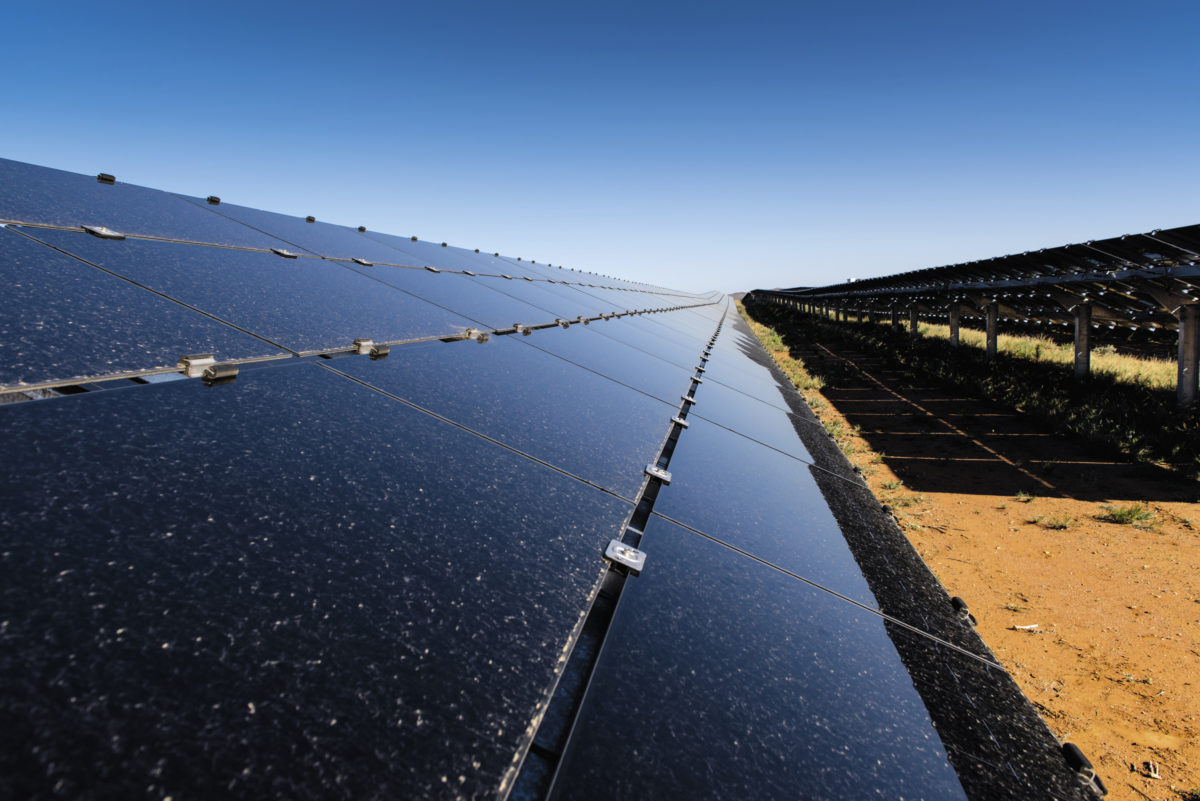Although analyst Wood Mackenzie and industry body the U.S. Energy Storage Association have reported positive first-quarter figures – and expect year-on-year growth from 2020 – industry insiders have warned the Covid-19 crisis, which started to affect the industry at the end of March, will “more seriously affect Q2.”
In an opinion piece for pv magazine India, Amplus Solar’s Naveen Arora said the demand slump driven by Covid-19 shutdowns, combined with Chinese oversupply, has caused solar module prices to fall 6-8% since February with a further 3-3.5% reduction possible into the next quarter. However, she cautioned, Chinese end-of-year demand and the project extensions permitted Indian developers affected by the public health crisis could again change the supply and demand equilibrium in the final three months of the year, possibly leading module prices to recover.
It is unclear what effect the Covid-19 crisis in having on the Australian rooftop PV market. Data gathered from the small scale technology certificates (STCs) issued as part of incentives programs indicated a healthy 222 MW of rooftop PV was added last month, a figure 23% higher than that seen in May last year. However, it also marked a second consecutive monthly fall and, with industry surveys indicating installers are seeing new business leads dry up, there are fears the big time lag between signing up for household solar and having STCs issued could mean the true effects of the crisis will not become obvious until further down the line.
No such concerns were voiced by Germany’s Bundesnetzagentur, which has reported 380 MW of new solar was added in the country in April. That figure included 318 MW of feed-in-tariff-backed small scale systems as Covid-19 continued to fail to dent the nation’s rooftop market.
Fallout
Indian consultancy Bridge to India cited Covid-19 as the chief reason why only 689 MW of the 1,864 MW of solar generation capacity planned for the first three months of the year materialized. Supply chain disruption and workforce restrictions slowed project construction during the first quarter. The consultant predicted just 500 MW of utility scale PV will be added in the current quarter and 1,184 MW next month, with the April-to-September period expected to bring just 360 MW of rooftop solar as households prioritize other spending amid fears of a coronavirus-related global recession.
The International Energy Agency’s World Energy Investment 2020 report sees the organization add its voice to the rising number of commentators predicting the quick turnaround times for renewable energy projects – and attractive economics – will see clean power facilities act as a magnet for investors as the world energy system recovers from Covid-19.
The Climate-KIC, low-carbon ‘knowledge-community’ has invited eco-friendly start-ups and SMEs affected by the Covid-19 crisis to apply for up to €500,000 of investment after the organization’s backer, the EU’s European Institute of Innovation and Technology (EIT) made €60 million of extra funding available. The grant funding will convert into a stake in recipient businesses at a future point. EU-backed renewable energy business advisory service Get.invest today also launched a suite of tools tailored to help clean energy firms overcome the impact of Covid-19, with services also offered to companies in Africa and the Caribbean.
Jared McKenzie, CEO of Illinois-based residential PV installer Headline Solar has told pv magazine USA the mid-March to mid-April period during which the state was subject to Covid-19 stay-at-home orders, has been the busiest sales period in the company’s history.
Covid-19
This content is protected by copyright and may not be reused. If you want to cooperate with us and would like to reuse some of our content, please contact: editors@pv-magazine.com.




3 comments
By submitting this form you agree to pv magazine using your data for the purposes of publishing your comment.
Your personal data will only be disclosed or otherwise transmitted to third parties for the purposes of spam filtering or if this is necessary for technical maintenance of the website. Any other transfer to third parties will not take place unless this is justified on the basis of applicable data protection regulations or if pv magazine is legally obliged to do so.
You may revoke this consent at any time with effect for the future, in which case your personal data will be deleted immediately. Otherwise, your data will be deleted if pv magazine has processed your request or the purpose of data storage is fulfilled.
Further information on data privacy can be found in our Data Protection Policy.